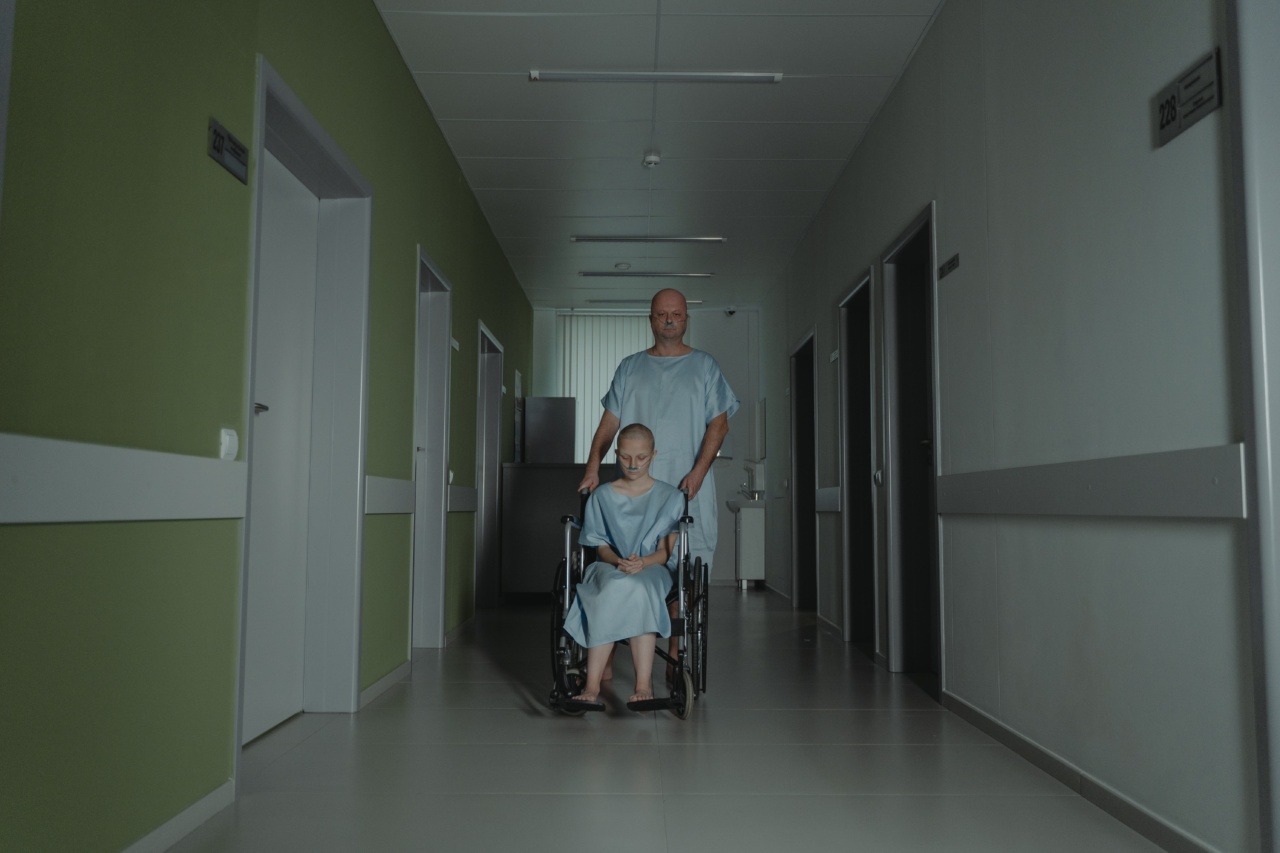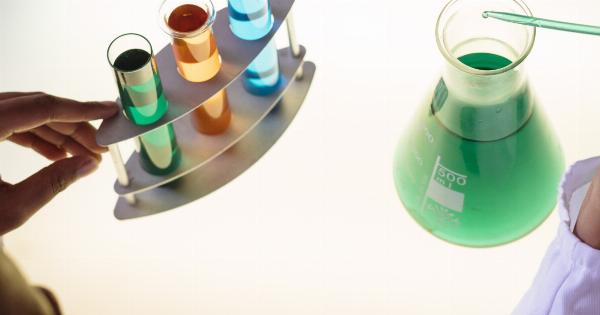Parkinson’s disease is a progressive neurological disorder that affects movement control. It is caused by a loss of dopamine-producing cells in the brain.
While motor symptoms like tremors, stiffness, and bradykinesia are predominant in Parkinson’s, non-motor symptoms like depression can have a significant impact on the quality of life for patients.
Depression is a common mental health disorder characterized by feelings of sadness, loss of interest, and a lack of motivation.
Research suggests that up to 60% of individuals with Parkinson’s disease experience depression at some point during their illness.
The Impact of Depression on Parkinson’s Patients
Depression in Parkinson’s patients can have a profound effect on their overall well-being and functional abilities. It can worsen motor symptoms, impair cognitive function, and reduce quality of life.
The association between depression and Parkinson’s is bidirectional, with depression increasing the risk of developing Parkinson’s and Parkinson’s worsening the symptoms of depression.
The exact mechanisms underlying the relationship between depression and Parkinson’s disease are still not fully understood.
However, research suggests that both conditions share common pathways involving neurotransmitters like serotonin and dopamine. Additionally, the degenerative process in Parkinson’s can lead to changes in brain structures involved in mood regulation.
Traditional Approaches to Depression in Parkinson’s Disease
The treatment of depression in Parkinson’s usually involves a combination of medications, psychotherapy, and lifestyle modifications.
Selective serotonin reuptake inhibitors (SSRIs) and tricyclic antidepressants are commonly prescribed to manage depressive symptoms. However, these medications may have side effects and potential interactions with Parkinson’s medications.
Psychotherapy, such as cognitive-behavioral therapy (CBT) and psychoeducation, can help Parkinson’s patients cope with depression and develop strategies to improve their emotional well-being.
Additionally, lifestyle modifications like regular exercise, social support, and stress reduction techniques can contribute to alleviating depressive symptoms.
Exploring Acupuncture as an Adjunctive Therapy
Acupuncture is an ancient Chinese medical practice that involves inserting fine needles into specific points on the body. It is believed to stimulate the flow of energy, known as Qi, along meridians or pathways.
Acupuncture has gained popularity as a complementary therapy for various physical and mental health conditions, including depression and Parkinson’s disease.
Understanding the Effects of Acupuncture on Depression
Several studies have evaluated the effectiveness of acupuncture in managing depression, both as a standalone therapy and as an adjunctive treatment.
While the results are mixed, some research suggests that acupuncture can significantly reduce depressive symptoms and improve overall well-being, especially when combined with standard treatments.
Acupuncture is thought to influence neurotransmitter levels, including serotonin and dopamine, which play crucial roles in mood regulation.
By stimulating specific acupuncture points, the therapy may help rebalance these neurotransmitters and alleviate depressive symptoms. Additionally, acupuncture may promote relaxation, reduce stress, and improve sleep patterns, all of which can contribute to better mental health.
The Potential Benefits of Acupuncture in Parkinson’s Patients
In addition to its potential effects on depression, acupuncture may offer other benefits for individuals with Parkinson’s disease.
Some studies have shown that acupuncture can enhance motor function, reduce tremors, and improve overall physical well-being in Parkinson’s patients.
Furthermore, acupuncture has a good safety profile when performed by trained and licensed practitioners. It is generally well-tolerated and has minimal side effects compared to pharmacological interventions.
Considerations for Acupuncture Treatment in Parkinson’s Patients
While acupuncture shows promise as an adjunctive therapy for managing depression in Parkinson’s patients, several factors need to be considered before undergoing treatment:.
1. Consultation with a healthcare provider: Before starting acupuncture or any alternative therapy, individuals with Parkinson’s should consult their healthcare provider to ensure it is safe and appropriate for their specific condition.
2. Choosing a qualified acupuncturist: It is essential to seek treatment from a licensed and experienced acupuncturist who has expertise in working with Parkinson’s patients. They should adhere to strict hygiene practices and use sterile needles.
3. Integration with standard treatments: Acupuncture should complement, not replace, standard medical treatments for Parkinson’s disease.
It is important to discuss acupuncture as an adjunct therapy with the healthcare team to ensure coordinated and comprehensive care.
4. Individualized treatment approach: Acupuncture treatment plans should be tailored to each individual’s symptoms, preferences, and overall health.
A skilled acupuncturist will assess the patient’s unique needs and adjust the treatment accordingly.
Conclusion
Depression is a common and impactful non-motor symptom experienced by individuals with Parkinson’s disease.
While traditional approaches like medication and psychotherapy are effective, acupuncture may offer additional benefits as an adjunctive therapy. With its potential to alleviate depressive symptoms and improve overall well-being in Parkinson’s patients, acupuncture warrants further research and consideration as part of a comprehensive treatment plan.




























